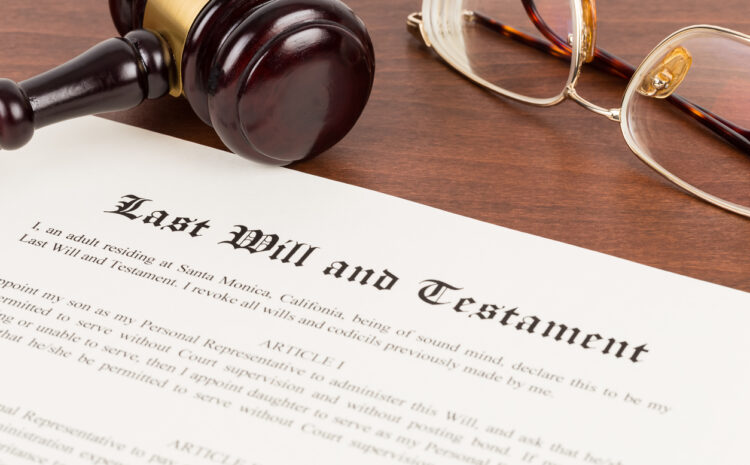What Is a Durable Power of Attorney for Financial Affairs?
A durable power of attorney for financial affairs is a legal document that grants another person, called your agent or attorney-in-fact, the authority to make decisions regarding the management of your property and finances. These decisions can include tasks such as:
- Managing investments
- Depositing or withdrawing funds from your bank accounts
- Signing tax returns
- Handling real estate transactions
- Adding assets to your living trust
Why Do I Need a Durable Power of Attorney for Financial Affairs?
Sometimes, individuals are unable to manage their financial affairs due to illness, dementia, or other mental incapacities. Without a durable power of attorney, a court may need to appoint a conservator to manage your financial matters. However, if you establish a durable power of attorney before becoming incapacitated, your agent can step in and manage your affairs, avoiding the need for court-appointed conservatorship.
Additionally, a durable power of attorney is useful in other situations, such as if you are immobile, busy, or out of town. In these cases, your attorney-in-fact can handle important financial matters on your behalf.
If I Have a Living Trust, Do I Still Need a Durable Power of Attorney for Financial Affairs?
Yes. A durable power of attorney covers assets and matters that are not part of your living trust, such as retirement accounts. The trustee of your living trust only manages the assets that have been transferred to the trust, but your agent under a durable power of attorney can handle non-trust assets and financial tasks that fall outside the scope of the trust.
If I Have a Durable Power of Attorney, Why Do I Need a Living Trust?
A durable power of attorney cannot replace a living trust. Here’s why:
- A durable power of attorney does not direct how your assets will be distributed after your death. This is one of the primary roles of a living trust.
- A durable power of attorney cannot be used to avoid probate or as a tax-saving strategy, whereas a living trust is designed to streamline asset distribution and may offer tax benefits.
Both tools serve different purposes in estate planning and often work best in tandem.
Who Should I Appoint as My Agent?
Because the agent you appoint under a durable power of attorney will have broad authority over your financial affairs, it’s crucial to choose someone you trust implicitly. Your agent should be reliable, financially responsible, and able to manage complex decisions on your behalf.
Can I Change or Terminate the Durable Power of Attorney for Financial Affairs?
Yes. As long as you are mentally competent, you can change or revoke your durable power of attorney at any time. This flexibility allows you to adjust your estate plan as needed.
Can I Limit the Scope of My Durable Power of Attorney?
Yes. You have the ability to tailor the authority you grant your agent. The power can be as broad or as limited as you wish, depending on your needs and comfort level.
By having both a living trust and a durable power of attorney for financial affairs, you can ensure comprehensive management of your assets and financial matters, both during your lifetime and after your death, while avoiding unnecessary legal complications.


